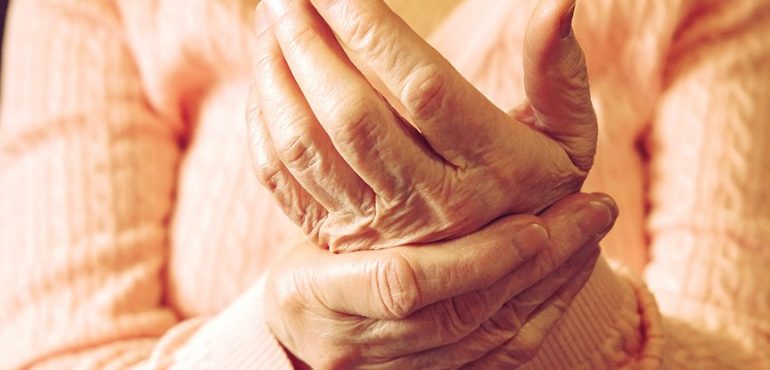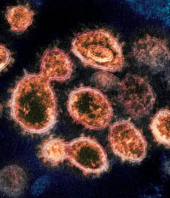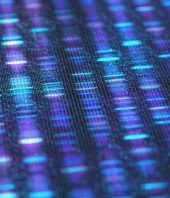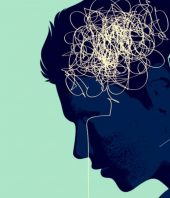Jo Cameron has a rather unusual superpower: she doesn't feel pain, or only very slightly, and she didn't even realise this wasn't normal until she was in her 60s. Now scientists have identified the genetic mutation they think is responsible.
While the idea of a pain-free life might sound appealing at first, pain is actually really useful for living – otherwise you don't know when your hand is on a hot burner or when you've badly twisted your ankle.
Cameron, who lives in Scotland, is now 71, but it was only after an operation on her hand five years ago that doctors noticed her immunity to pain, and referred her to specialists for genetic analysis.
Normally, the surgery causes a lot of discomfort, but it didn't for her.
"Looking back, I realise I hadn't needed painkillers, but if you don't need them you don't question why you don't," Cameron told Claire Diamond at the BBC.
"You are what you are, until someone points it out you don't question it. I was just a happy soul who didn't realise there was anything different about me."
Cameron reports not noticing she was burning her arm on the stove until she smelled the burning flesh, and even the experience of childbirth didn't cause her any pain: "It was quite enjoyable really," she says.
The DNA analysis revealed two notable genetic mutations: first, a suppression of the FAAH gene, which normally breaks down a chemical called anandamidein the body. The effects of anandamide are similar to the effects of smoking cannabis, and if it's not broken down, it acts more strongly as a buffer to pain and anxiety.
That mutation is actually relatively common in the general population, but the second one isn't – Cameron was also found to have missing DNA information in a pseudogene the researchers called FAAH-OUT. That means the FAAH gene is more or less completely disabled.
Such a unique combination of genetic tweaks led to Cameron having more than twice the normal level of anandamide in her system. Taken together, these mutations seem to reduce pain and anxiety, while also boosting happiness, forgetfulness, and wound healing.
Those other characteristics also set Cameron apart from the rest of us. Her injuries heal up unusually quickly, and she never gets worried or afraid – in stress and depression tests she regularly gets the lowest score.
"I was quite amused when I found out," Cameron told Ian Sample at The Guardian. "And then they told me about these other things, the happiness and the forgetfulness."
"I'm always forgetting things; I always have done. It's good in lots of ways but not in others. I don't get the alarm system everyone else gets."
Cameron tells the story of breaking her arm when she was eight and not noticing until it began to set at an odd angle; and of having her car flipped in a road accident and calmly walking away to comfort the other driver involved.
While pain can be a useful "alarm system" that keeps us safe, when that system goes into overdrive the effects can be unbearable – as people with chronic pain know. Experts are hoping that Jo Cameron (and others like her) can teach us more about how to treat pain in the future.
That might be helping people suffering from chronic pain, or improving recovery times for those who've been through surgery. While previous research has looked at lowering FAAH production, the FAAH-OUT gene offers up a new avenue to explore.
"People with rare insensitivity to pain can be valuable to medical research as we learn how their genetic mutations impact how they experience pain," said one of the researchers, James Cox from University College London in the UK.
"We would encourage anyone who does not experience pain to come forward."
The researchers note that this research could have "immense" implications, as over time the discoveries could lead to better pain management and anxiety treatments.
"Learning about it now fascinates me as much as it does anyone else," says Cameron, who is glad that her genetic makeup could help further clinical research.
"I would be elated if any research into my own genetics could help other people who are suffering."
The research has been published in the British Journal of Anaesthesia.
Source: Science Alert, Full Article






